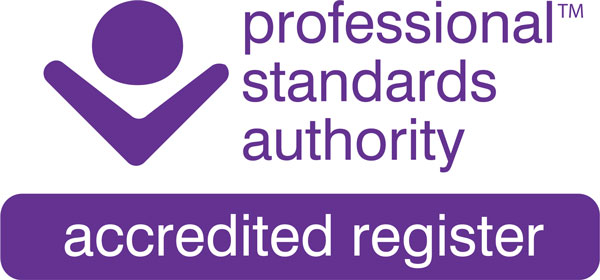New NHS study validates effectiveness of the rewind technique
A significant new study (published in BMJ Military Health) has provided peer-reviewed validation for the rewind technique in treating military veterans with PTSD, confirming the effectiveness of the approach – a refined version of which PTSD Resolution has been incorporating within human givens therapy for the past 20 years. (PTSD Resolution is a registered charity, which uses only human givens therapists to help veterans, reservists and their families.)
The study, conducted by Veterans’ NHS Wales at Cardiff and Vale University Health Board, treated 10 military veterans using the rewind technique, originally devised by Dr David Muss1, and found significant improvements in PTSD symptoms, depression, and insomnia after an average of just three sessions.
“We greatly appreciate this NHS research, which provides clinical evidence for what we’ve observed in practice over two decades,” says Malcolm Hanson, Clinical Director of PTSD Resolution. “The rewind technique forms a core element of the human givens therapy approach we’ve been using successfully since our founding.”
Both versions enable the processing of traumatic memories without requiring detailed disclosure. In the refined version used by human givens therapists to ensure best safety and efficacy, veterans are first put into a calm state before being guided to imagine watching their traumatic memory flashing past extremely quickly, as if on fast forward, from before it started to when it was over, and then ‘rewinding’ rapidly to the start point.
While the NHS study represents the first formal evaluation of the rewind technique with UK military veterans, PTSD Resolution has been incorporating its refined version within human givens therapy to treat over 4,500 veterans, reservists and family members since 2009. The NHS findings align remarkably with PTSD Resolution’s long-standing experience: all 10 veterans in the NHS study completed treatment, while PTSD Resolution has shown a highly impressive 82 per cent completion rate in a wider study of over 400 veterans; the NHS study and PTSD Resolution’s data show improvements beyond PTSD to include depression and insomnia; and in both cases there have been swift results.
Dr Gwen O’Connor, lead author of the NHS study, suggests that the rewind technique could serve as a “first-line PTSD treatment to help with managing military mental health service waiting times”. This recommendation aligns with PTSD Resolution’s long-standing rapid-access model.
The researchers note that the technique “may also provide a time-efficient intervention compared with alternative trauma-focused therapies,” which typically require 8–12 sessions. PTSD Resolution’s average is 6–7 sessions for comprehensive human givens treatment (of which rewind, when applicable, will form only a part).
References
- Muss, D (1991). A new technique for treating post-traumatic stress disorder. British Journal of Clinical Psychology, 30,1, 91–2.




